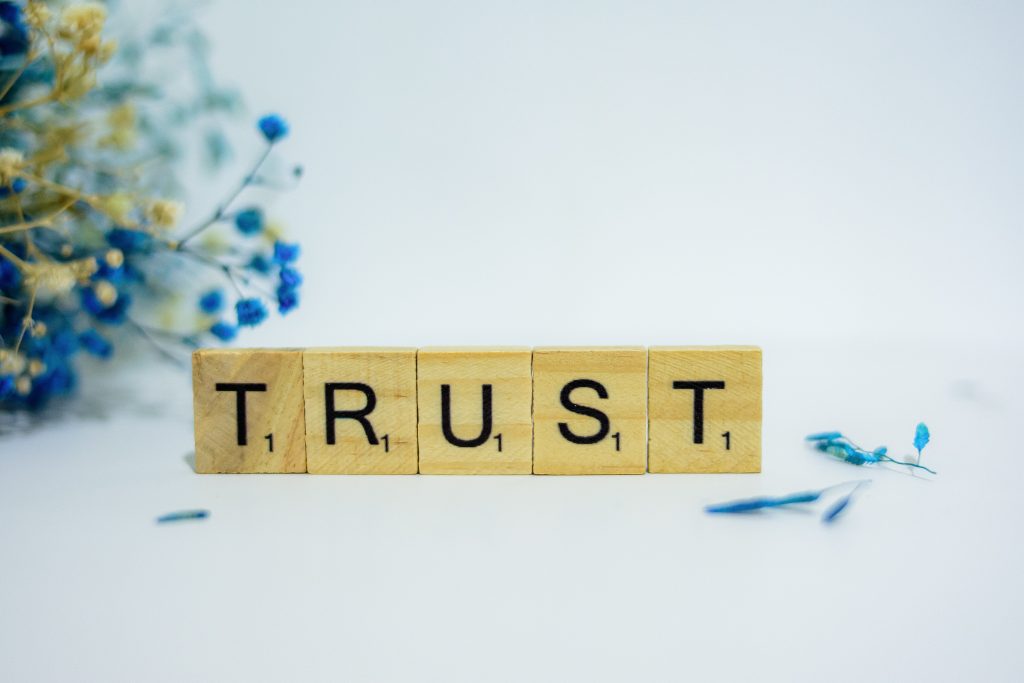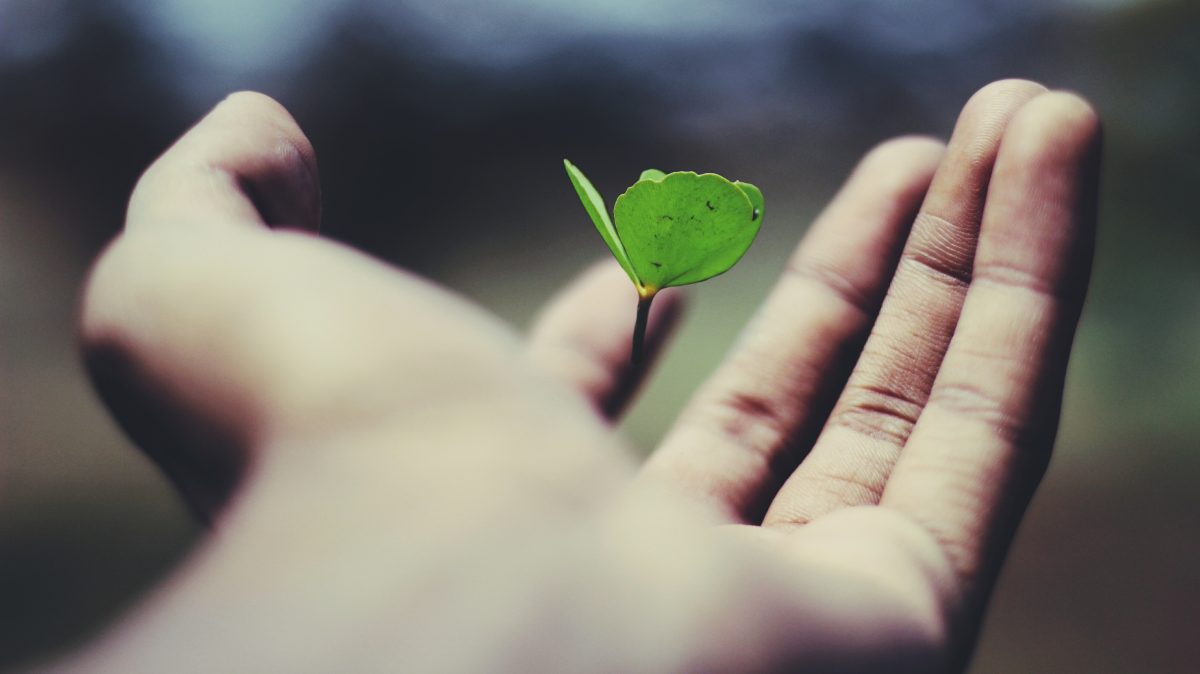The magic of Higher Power in addiction recovery
When we accepted our powerlessness over alcohol and drugs, we turned toward a Power greater than ourselves. Each time we take this Step, we move closer t and have a greater need to communicate with God of our understanding. We stay in touch with the reality of being powerless – over our addictions, other people’s behaviour, and the thousands of other details that bombard our lives – we are more likely to seek the serenity and comfort of prayer.

Turning our Wills and Lives Over
Our decision here is practical as well as spiritual. It is practical because once we admit to unmanageable lives, our only hope for recovery is to turn everything over to our Higher Power. This is spiritual because we allow ourselves to accept something already there – the love and care of our Higher Power.
Like all relationships, no amount of love on the part of others can save us. Today, we understand what it means to love with detachment when facing addiction. Most have either practiced it ourselves when we realized we had no control over a loved one’s addiction or saw how our own family and friends finally detached themselves from our addictive behaviour. In both these instances, the act of detachment is a statement of love and personal worth. It says, ‘’I love you and will help you when you see you are out of control and want to help yourself.’’ Our Higher Power has always loved and cared for us, but we finally experience this love and care when we surrender.
Almost every way we practice our recovery program helps open us to acknowledging others and a sense of our spiritual existence. We discover that we are not only mind and body, although these were probably the only two aspects of our being we focused on during our using days. Despite the joys of recovery, we may at times feel somewhat unsure of how to deal with this newly discovered or rediscovered spiritual self. We know how to stretch and develop our bodies and minds; we might not know how to exercise our spirits or express them. At first, we may fall back into our old comfortable traps and try to find the ‘’right’’ ways. But gradually, we discover an exciting idea: how we approach our Higher Power is personal and unique, as is how we choose to pray.

Prayer is a Relationship
Our relationship with God – like our friendships – is constantly changing. Some of the principles that go into forming a friendship hold in developing an ongoing dialogue with God: trust that the friendship has potential; pursue the relationship; expect yourself to grow; expect something of God.
In developing all friendships and relationships, there comes a moment when we suddenly feel excited about the other person. There is a connection between us, and we sense a potential for closeness. It may not happen at the first meeting; we may even have some friends we did not think we would like at first. But intimacy gradually develops, and we come to trust that the friendship has potential. This trust can be present in our prayers. It says, ‘’I sense a closeness, and I expect this feeling to grow.’’
We might have already experienced some of these feelings when we felt the potential of our spirituality. WE may want to remind ourselves of the nature of spirituality: it is not an all-or-nothing commodity. It can grow into a more profound and beautiful partnership, especially if we believe and trust in its potential.
We have all had friendships suddenly grow stale, or we have become out of touch with a friend and the relationship withers. Our relationship with our Higher Power is no different. Contact with a friend cannot be sustained in the deepest sense with a once-a-year exchange of greetings over the internet. Conscious contact with the God our understanding must be pursued – eagerly, openly, and regularly. This does not mean we have to set our alarm clocks to maintain precision prayers; it only affirms the need for us to keep in touch with God if the relationship is to grow. As the theologian Helmut Thieliche said: ‘’God is always there first, and therefore our praying is always only an answer to this simple fact.’’
We enter our friendships with the idea of growing. Most likely, we do challenge ourselves in healthy friendships. We expect ourselves to become better people – more sensible, caring, and lovable.
Finally, we can expect something from our Higher Power. We can expect to become more fully aware of God’s presence, love, and counsel. Even those who understand a Higher Power as a group or nature, even our therapist or rehab, can expect to become aware of great power and truth transcending that of a single person. From our earliest days in recovery, we have placed our faith in a Power greater than ourselves. We have experienced the reality of that Power as recovery, and now, as we consider prayer as contact with God, we can expect a better understanding of God’s will.

Prayer and Meditation
Prayer and meditation are two distinctly different tools for communication with our Higher Power. When we are developing a relationship, there are various ways we relate to others. Our relationships can be deepened by active conversation and by meaningful silence, or the thoughts that occur during silent moments suddenly need to be shared.
An old-timer observed: Prayer is talking to God. Meditation is listening to Him.’’

Freephone: 0800 140 4044
Local rate: 0300 330 3040
Contact us here to find out more



